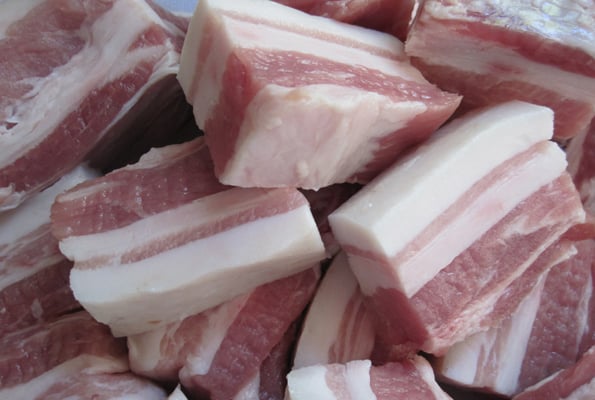90% chicken consumed in Uganda contains antibiotics, says WAP

Chicken. PHOTO/FILE/COURTESY
What you need to know:
- The World Animal Protection (WAP) has called for quick enactment of laws that protect animal and bird meat consumers in Uganda.
An international animal welfare organization has cautioned Ugandans against eating chicken laced with antibiotics, warning “it contributes to rampant undiscovered diseases in humans.”
On Tuesday, World Animal Protection (WAP) wildlife campaign manager Edith Kabesiime said excessive consumption of white chicken on antibiotics causes cholesterol, cancer and other dangerous diseases in human beings.
“90 per cent of chicken consumed by the public contains antibiotics which are given to the chicken to grow fast. Most Ugandans in town are eating white chicken which is three weeks old. Such chicken is fed on antibiotics,” Kabesiime said while launching a report on captive breeding in Kampala.
She added that: “White chicken are injected with antibiotic growth hormones that are also dangerous to our bodies when taken in excess. But because it’s affordable, many Ugandans are rushing to buy it without analyzing all the health risks someone will be exposed to.”
Kabesiime decried poor law enforcement and Bills stuck in parliament which imply that “Ugandan chicken consumers are not protected.”
“There is a serious concern that overuse of drugs in birds has contributed to antibiotic resistance. Experts have warned that we are close to the point at which medicine may find itself without effective lifesaving drugs,” she remarked.
In September last year, there were concerns about the misuse of anti-retroviral (ARV) drugs to fatten pigs and chicken, triggering fears for health risks.
However, local meat dealers reported that the concerns had not significantly affected the demand for the products.
Meantime, WAP on Tuesday stated that billions of wild animals are suffering on wildlife farms in addition to being hunted and killed for economic activities such as fashion and traditional medicine.
Further, a WAP research showed an estimated 5.5 billion wild animals are being kept in cruel conditions on commercial wildlife farms globally.




